Karachi's recycling centers, strategically located across neighborhoods near main roads like Khalid Bin Walid Road, are vital for waste management and promoting sustainability. These facilities accept a wide range of recyclable materials, including plastics (RIC 1-7), paper, glass, metal, and e-waste, sorting, cleaning, and processing them while educating the community on responsible waste practices. By reducing landfill waste, conserving resources, and supporting local economies, these centers are driving environmental stewardship and community engagement, positioning Karachi as a model for sustainable urban development.
Exploring the recycling landscape of Karachi, with a focus on centers along Khalid Bin Walid Road, offers a glimpse into the city’s commitment to sustainability. This introduction delves into the strategic placement and accessibility of these facilities, highlighting the diverse range of materials they accept—from plastic and paper to glass and metal. We uncover the services and environmental benefits they provide, while also examining community involvement and the potential for growth in Karachi’s recycling sector.
- Location and Accessibility of Recycling Centers in Karachi
- Types of Materials Accepted at Local Facilities
- Services and Benefits Offered by Khalid Bin Walid Road's Recycling Hubs
- Community Engagement and Future Prospects for Karachi's Recycling Centers
Location and Accessibility of Recycling Centers in Karachi
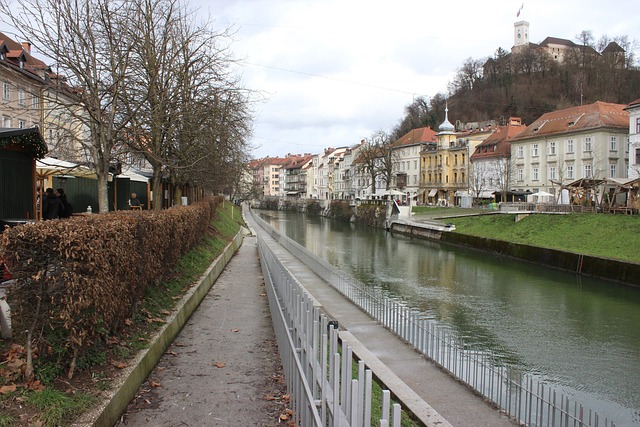
Karachi, Pakistan’s vibrant metropolis, boasts several recycling centers scattered across its diverse neighborhoods. These facilities play a crucial role in managing the city’s waste and promoting sustainable practices. Many of these centers are strategically located near main thoroughfares, like Khalid Bin Walid Road, making them easily accessible for residents and businesses alike.
The availability of recycling centers in Karachi enhances the city’s eco-friendly efforts by providing dedicated spaces for sorting and processing recyclable materials. This accessibility encourages citizens to take responsibility for their waste management, contributing to a cleaner and greener Karachi.
Types of Materials Accepted at Local Facilities
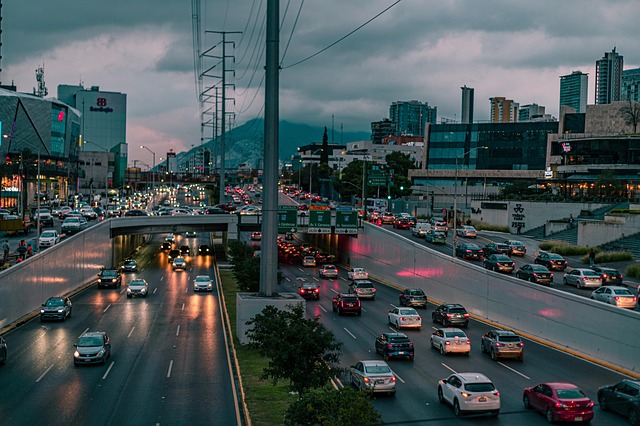
In Karachi, recycling centers play a vital role in managing waste and promoting sustainability. These facilities accept a wide range of materials to ensure proper disposal and upcycling. Common items include plastics (such as bottles, containers, and packaging), papers (newspapers, magazines, cardboard boxes, and office paper), glass bottles and jars, and metals like aluminium cans, steel containers, and foil. Many centers also take electronic waste like old computers, mobile phones, and home appliances, which are then responsibly recycled to reduce e-waste in the city.
Karachi’s recycling centers prioritize acceptance of materials that can be easily processed and transformed into new products. This includes certain types of plastics marked with Resin Identification Codes (RICs) 1–7, ensuring they can be sorted and recycled effectively. While these facilities strive to accept as much material as possible, it’s crucial for residents to check the specific guidelines of each center, as some may have limitations or requirements regarding the condition and quantity of items brought in.
Services and Benefits Offered by Khalid Bin Walid Road's Recycling Hubs
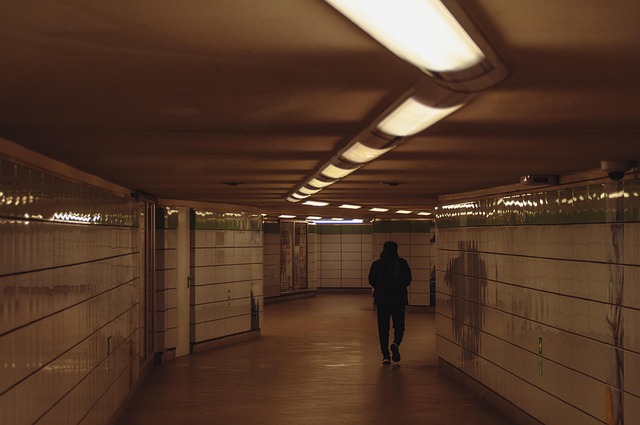
Khalid Bin Walid Road in Karachi boasts several recycling hubs that offer a range of services, promoting sustainability and environmental consciousness. These centers not only collect and process recyclables like paper, plastic, glass, and metal but also educate the community about responsible waste management. Residents can drop off their recyclable materials at these hubs, which then get sorted, cleaned, and prepared for reuse or recycling.
One of the key benefits is the positive impact on the environment. By reducing the amount of waste sent to landfills, these recycling hubs contribute to a cleaner, greener Karachi. They also help conserve natural resources as recycled materials can be used to create new products, thereby decreasing the need for extracting and processing raw materials. Moreover, these centers foster a circular economy, creating local job opportunities and encouraging a sustainable lifestyle among residents of Khalid Bin Walid Road and beyond.
Community Engagement and Future Prospects for Karachi's Recycling Centers
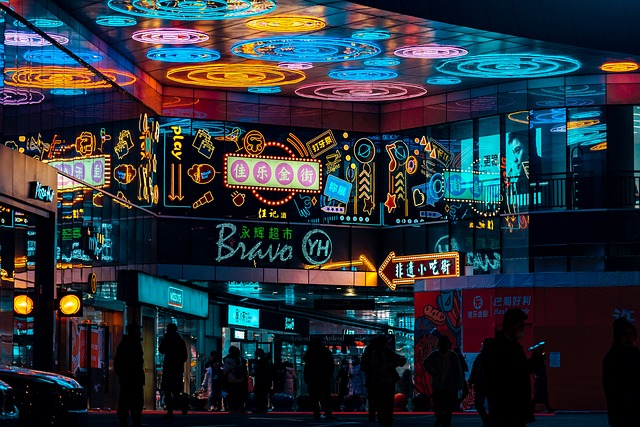
Karachi, as a bustling metropolis, is witnessing a growing emphasis on sustainable practices, and its recycling centers play a vital role in this transformation. These centers are not just facilities; they are hubs of community engagement and environmental education. With active involvement from locals, these centers have the potential to revolutionize waste management in the city. School programs, awareness campaigns, and volunteer initiatives can further enhance their impact, fostering a culture of recycling and reducing waste among Karachi’s diverse population.
Looking ahead, the future prospects for Karachi’s recycling centers are promising. As the city continues to evolve, there’s an opportunity to integrate these centers into a more efficient and comprehensive waste management system. Technological advancements can streamline processes, making recycling more accessible and attractive to citizens. With the right strategies, Karachi could become a model for sustainable urban development, where recycling centers serve as the backbone of a thriving eco-conscious community.
Karachi’s recycling centers, including those along Khalid Bin Walid Road, play a pivotal role in the city’s sustainable future. By accepting diverse materials and offering numerous benefits, these hubs are not only contributing to environmental conservation but also fostering community engagement. As the demand for eco-friendly practices grows, the expansion and improvement of such facilities will be key to making Karachi a more sustainable metropolis. The city’s recycling landscape is evolving, and with continued support, it can become a model for effective waste management in Pakistan.
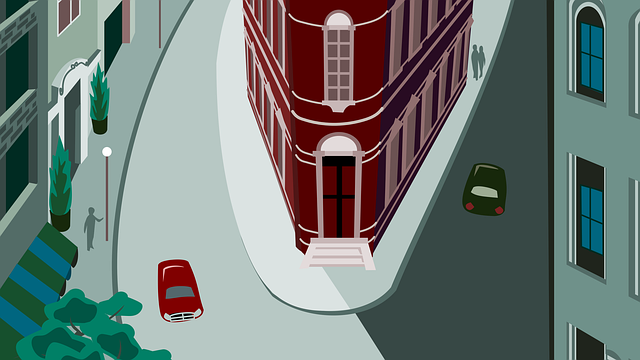






Leave a Reply
You must be logged in to post a comment.